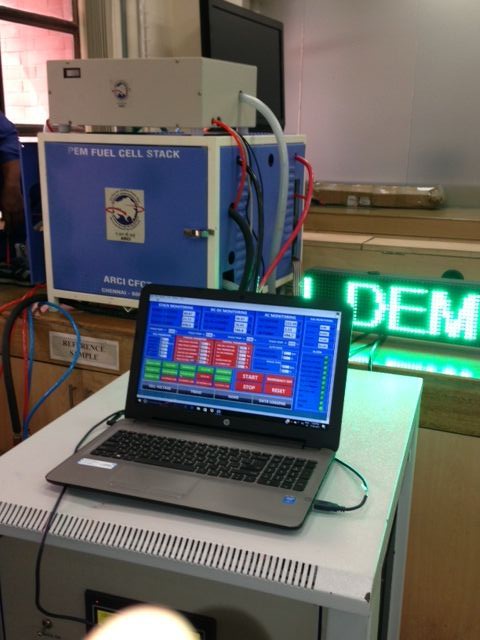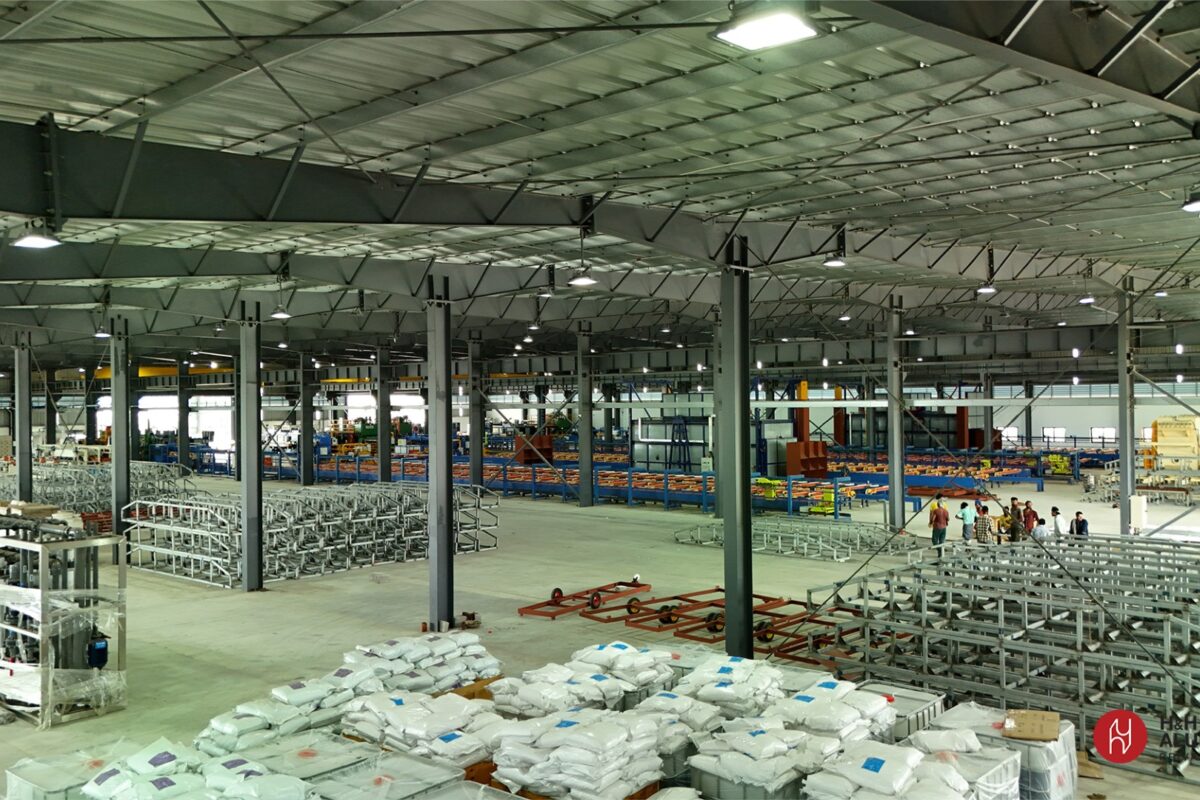Scientists at International Advanced Research for Powder Metallurgy & New Materials (ARCI), Hyderabad, an autonomous R&D Centre of Department of Science and Technology (DST), have developed Polymer Electrolyte Membrane fuel cell (PEMFC) systems in the power range of 1 to 20 kW and demonstrated the same in stationary (1-20 kW) and transport applications (1, 3, 5 kW).
PEMFCs, also known as proton-exchange membrane fuel cells, have the advantage of operating at low temperatures and find applications in decentralised power generation systems.
Fuel cell systems provide sustainable electricity using hydrogen gas without the need of grid power as required by conventional battery backup systems, making them highly useful for applications like Emergency Operation Centres (EOCs) which need to respond immediately during an emergency situation with state-of-the-art communication systems.
ARCI has already demonstrated feasibility of powering EOC systems with 5 kW PEMFC stack installed on mobile truck. It is now planning to set up a PEMFC system up to 10 kW capacity at Tamil Nadu State Emergency Operation Centre to operate systems like early warning systems, VHF set, IP phone, BSNL Ethernet and office equipment like scanner, computers, printers, phone, FAX and normal requirements like lighting and fan.
Last year, the Council of Scientific and Industrial Research (CSIR), in partnership with Pune-based Thermax Limited and Mumbai-based Reliance Industries Limited, developed India’s first indigenous high-temperature fuel cell system that has the potential to replace polluting diesel generating (DG) sets and reduce the country’s dependence on crude oil.
The 5.0 KW fuel cell system—based on high-temperature proton-exchange membrane technology—generates power using methanol/bio-methane, with heat and water as byproducts for further use. This amounts to greater than 70% efficiency, which otherwise may not be possible with other energy sources.
This content is protected by copyright and may not be reused. If you want to cooperate with us and would like to reuse some of our content, please contact: editors@pv-magazine.com.









1 comment
By submitting this form you agree to pv magazine using your data for the purposes of publishing your comment.
Your personal data will only be disclosed or otherwise transmitted to third parties for the purposes of spam filtering or if this is necessary for technical maintenance of the website. Any other transfer to third parties will not take place unless this is justified on the basis of applicable data protection regulations or if pv magazine is legally obliged to do so.
You may revoke this consent at any time with effect for the future, in which case your personal data will be deleted immediately. Otherwise, your data will be deleted if pv magazine has processed your request or the purpose of data storage is fulfilled.
Further information on data privacy can be found in our Data Protection Policy.